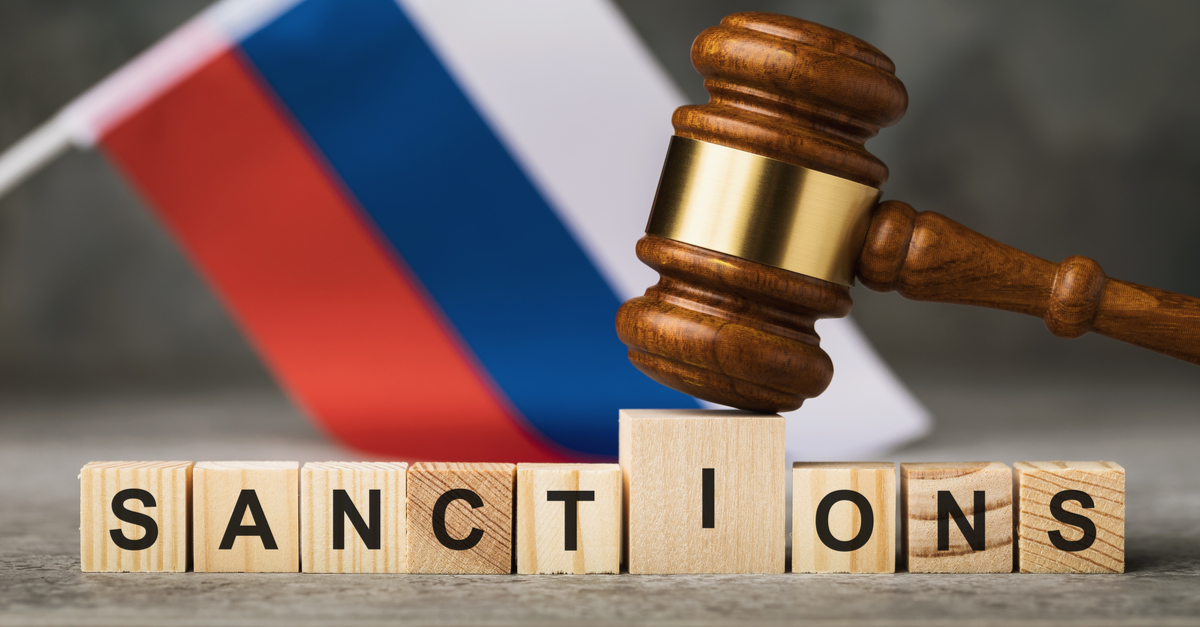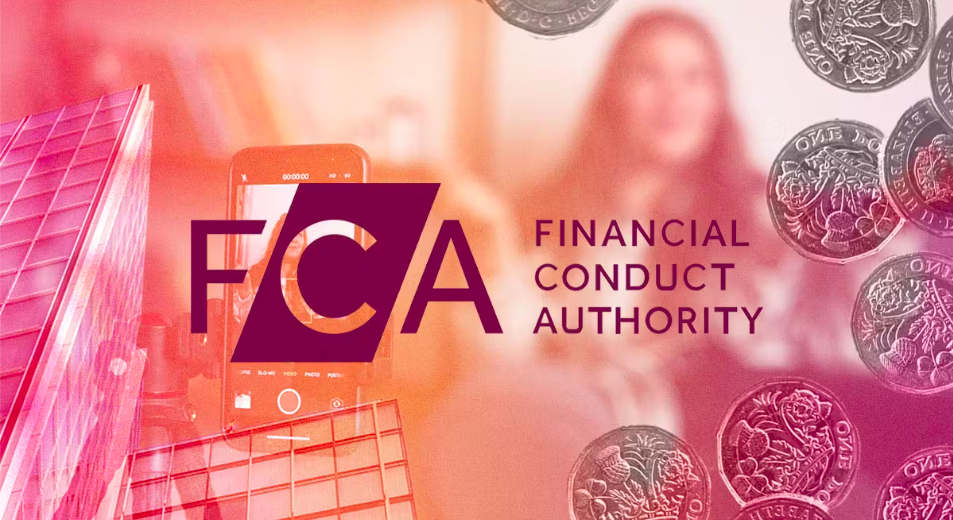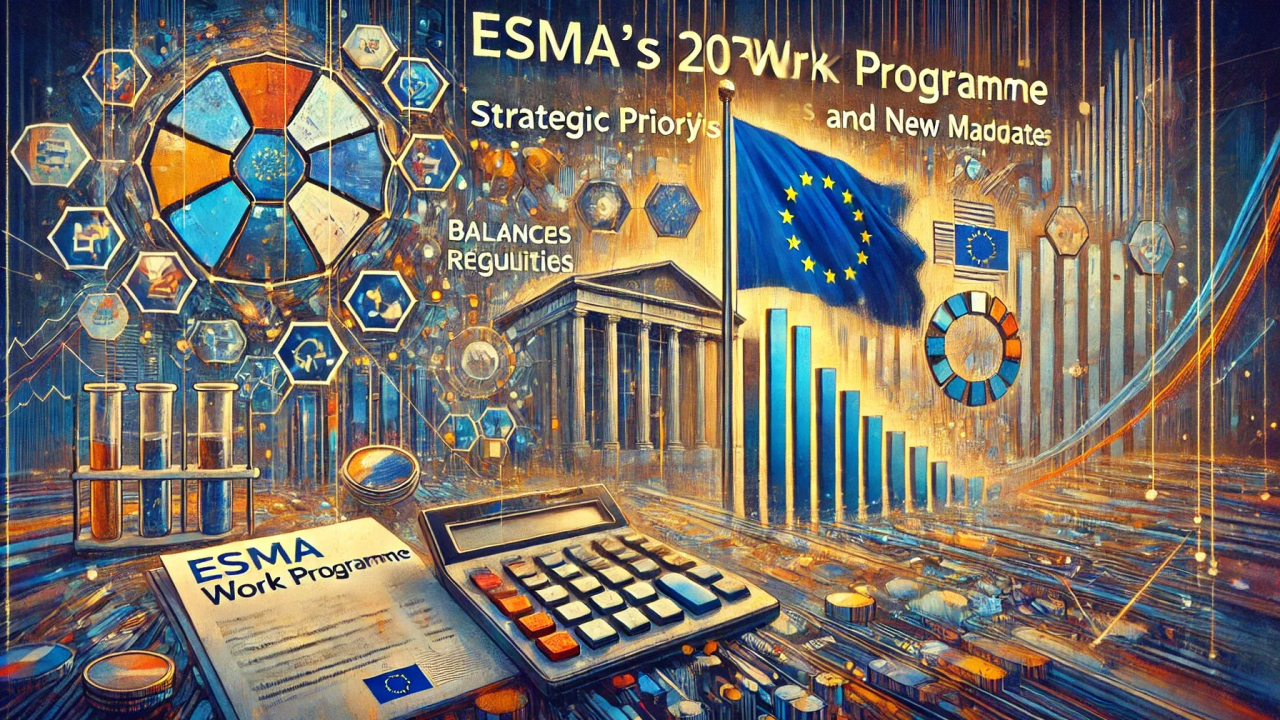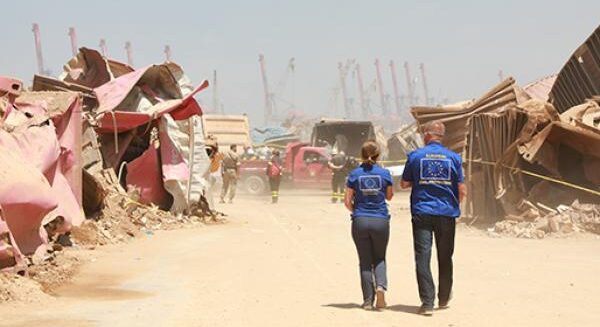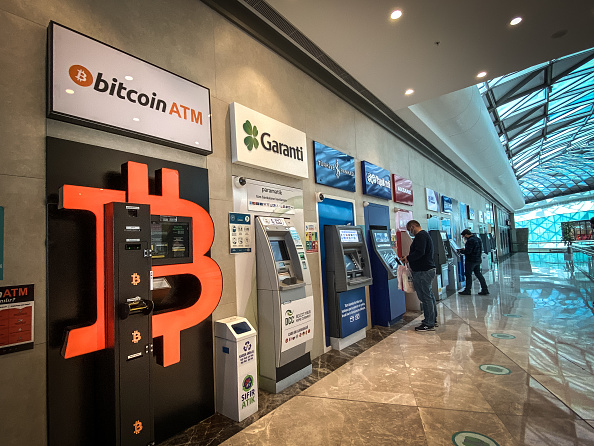The Commission welcomes the Council’s adoption of the 15th sanctions package against Russia. The focus of this package is to keep cracking down on Russia’s shadow fleet, as well as combating sanctions’ circumvention. It also includes substantial individual and entity listings related to the Russian military-industrial complex and increases the legal protection of EU Central Securities Depositories (EU CSDs). With this package, the EU has, for the first time, imposed ‘fully-fledged’ sanctions (travel ban, asset freeze and prohibition to make economic resources available) on various Chinese actors. Continue reading…
Gone are the days when organisations could simply promise a speak up culture. Today, fostering a culture of trust, integrity, and a positive work environment…
Download whitepaper